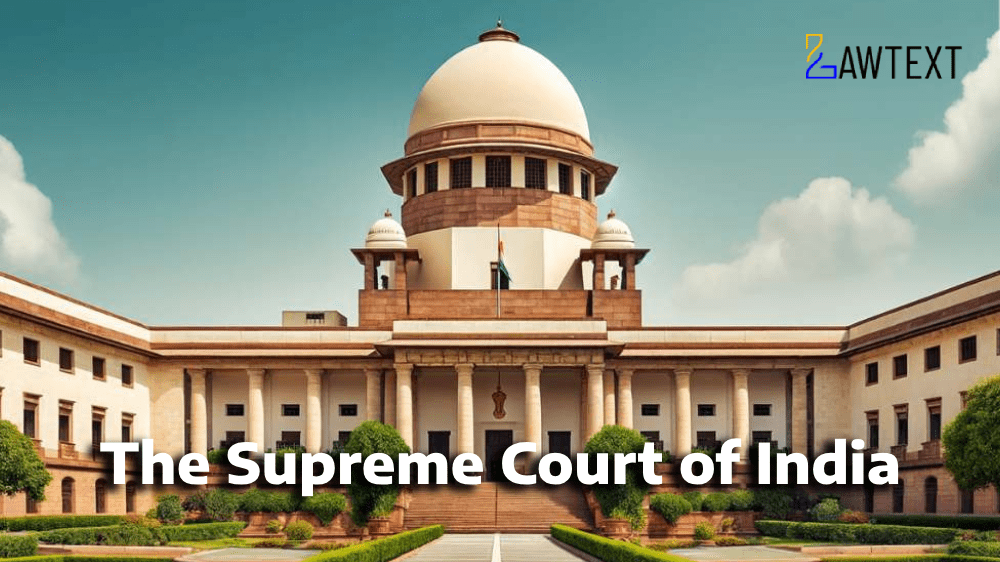

The Supreme Court of India overturned the Delhi High Court’s decision and granted bail to K. Kavitha, emphasizing the need for judicial prudence and adherence to the principle that "bail is the rule and refusal is an exception." The Court criticized the High Court's misinterpretation of Section 45(1) of the Prevention of Money-Laundering Act (PMLA) and highlighted the importance of considering the special treatment mandated for women under the proviso.
The appeals were filed challenging the denial of bail by the Delhi High Court to APPELLANT, accused in a money-laundering case under the PMLA. The Supreme Court heard extensive arguments from both sides.
The Court appreciated the Additional Solicitor General's (ASG) suggestion to avoid detailed discussions on the merits to prevent prejudice in the trial. The Court reiterated its consistent view that detailed deliberations should be avoided at the bail stage.
Senior Counsel Mukul Rohatgi argued that there was no substantial evidence against APPELLANT and that further custody was unnecessary as the investigation was complete. He also emphasized that APPELLANT, being a woman, was entitled to special treatment under the PMLA.
The ASG opposed the bail, arguing that Kavitha played a key role in the alleged conspiracy and tampered with evidence. He suggested that her actions influenced witnesses and obstructed justice.
The Court noted that Kavitha had already been in custody for five months, and with 493 witnesses and 50,000 pages of documents, the trial was unlikely to conclude soon. Citing the Manish Sisodia case, the Court stressed that prolonged incarceration should not become a punishment without trial.
The Supreme Court found that the High Court misinterpreted the proviso to Section 45(1) of the PMLA by suggesting it only applies to "vulnerable women." The Court clarified that the statute provides special treatment for women, and this benefit should not be denied without specific reasons.
The Supreme Court set aside the High Court's order and granted bail to APPELLANT, with conditions including the deposit of her passport and regular attendance in the trial court. The Court emphasized that its decision should not influence the trial's outcome.
The Supreme Court's judgment underlines the importance of upholding the fundamental right to liberty and ensuring that bail is granted in cases where prolonged pre-trial detention could unjustly amount to punishment.
Citation: 2024 LawText (SC) (8) 272
Case Number: CRIMINAL APPEAL NO. OF 2024 [Arising out of SLP(Criminal) No. 10778 of 2024] WITH CRIMINAL APPEAL NO. OF 2024 [Arising out of SLP(Criminal) No. 10785 of 2024]
Date of Decision: 2024-08-27
Case Title: KALVAKUNTLA KAVITHA VERSUS DIRECTORATE OF ENFORCEMENT
Before Judge: (B.R. GAVAI J. , K.V. VISWANATHAN J.)
Appellant: KALVAKUNTLA KAVITHA
Respondent: DIRECTORATE OF ENFORCEMENT